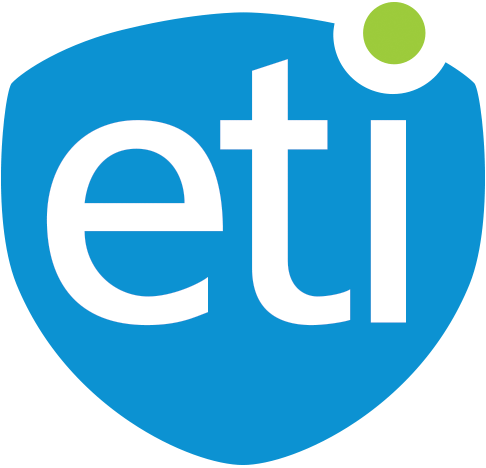

Since broadband has become such an essential service to everyday life for both consumers and businesses, it’s often compared to electricity. As in, it’s the electricity of our day, and without it, life is simply not the same.
Unfortunately for many in rural America, broadband is missing. It’s either non-existent or of very poor quality. This is the so-called unserved and underserved problem which has the attention of so many these days. And rightfully so. Everyone, regardless of where they live deserves high quality broadband. Getting it everywhere is a significant national challenge.
Thankfully, this challenge has energized a familiar crowd – a crowd who faced similar challenges many decades ago. Electric utilities, cooperatives and municipals, have a strong history of bringing electricity to the unserved and underserved markets of yesterday. That legacy is now repeating, with these same companies now bringing broadband to these unserved and underserved markets.
Hundreds of rural electric cooperatives and municipals now offer broadband service to their markets. Many more are studying it. These companies are in a unique position to address this challenge. They already serve the markets that are often in most need. They operate networks now, giving them assets that can be applied towards broadband. And they have a legacy of serving the community. Adding broadband is a natural fit.
Luckily, there’s increasing funding opportunities for these electric utilities to tap. The recent FCC Connect America Fund (CAF) II Auction awarded over $225 million to approximately 35 electric cooperatives for rural broadband support. The FCC has also recently announced the next evolution of CAF, the Rural Digital Opportunity Fund, which will offer over $20 billion to support rural broadband. There are other sources of funding as well, including the USDA ReConnect program.
Utilities have proven they can take on the broadband challenge. It’s a significant undertaking and a very different business than the electric utility business. Beyond building the physical network, utilities also must ensure they have the right operational support systems unique to broadband that can help deliver the best customer experience possible, while also delivering much needed back-office efficiencies.
ETI has great experience working with utilities on broadband projects. One example is Jackson Energy Authority of Tennessee. We helped this leading rural broadband provider to dramatically improve their operational efficiency. JEA can now deliver a single bill for both energy and broadband, while also streamlining activations and device management.
As more utilities enter the broadband business, ETI stands ready to partner with them, bringing our extensive broadband industry experience with us.